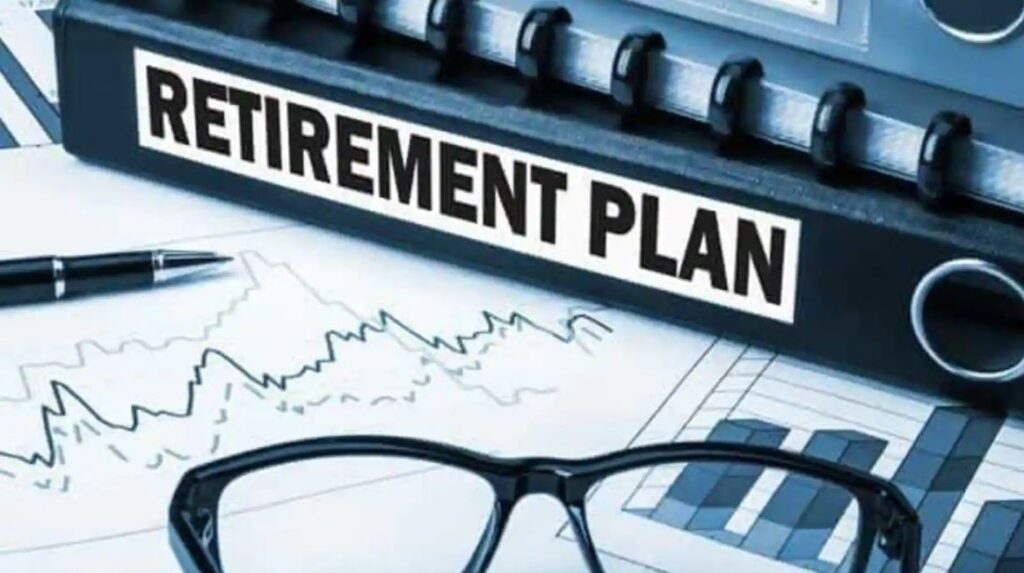You may be emotionally prepared to retire, but you must also be financially prepared. In this article, we discussed some key issues to consider for your retirement financial planning.
When considering how you’ll spend your retirement, you’ve probably considered socializing with friends, engaging in leisure activities, and taking the occasional trip abroad. But, other than that, have you given much attention to the logistics and the cost? If you haven’t, there are a few major retirement finance planning issues to consider.
Have you also considered making a plan for this, it is usually a big tasks, that is why most people employ the helps of retirement planner who have proven retirement planning strategies to help them figure it out. Omura Wealth Advisers is a proven Australian Financial Planning company based in Sydney. You can’t get it wrong with them.
Is there a certain age at which I must retire?
The retirement age in Australia is not fixed. You can retire anytime you wish. However, variables that may influence your decision include: your health, your retirement financial plans, your personal preferences (and those of your partner), and the age at which you can access your super.

What exactly should be on your to-do list?
Consider what you want to accomplish in retirement and what your top and secondary goals are. Consider your social life and recreation; keeping active and healthy; various retirement living possibilities, which may involve migrating to a new place; and assisting your children, if you have any.
How much money will I need?
Individuals and couples around the age of 65 who want to retire now would require an annual budget of roughly $46,494 or $65,445 to finance a decent lifestyle, according to the Association of Superannuation Funds of Australia (ASFA) March 2022 data. Individuals and couples would require an annual budget of roughly $29,632 or $42,621 to live a moderate lifestyle, which is deemed better than living only on the age pension.
All of these ASFA statistics are based on people owning their property outright and being in generally good health, and are contrasted to the government’s existing maximum age pension rates. These figures consider the maximum pension supplement and the energy supplement.
Where will I get my money?
The money you spend to finance your retirement lifestyle will most likely come from a variety of sources, including:
Government perks
You may be eligible for the age pension in full or in part from the age of 65 to 67 (depending on when you were born), or you may not be eligible at all, depending on your circumstances, income, and assets. When you retire, your savings plus government benefits like the Age Pension, Caregiver’s Allowance, and the Disability Support Pension may be your primary sources of income.
You may also be eligible for discounts on medical treatment and other goods and services with the aid of concession cards, which are distributed to those who receive particular types of government income support payments, or the Commonwealth Seniors Health Card.
Depending majorly on Government benefits like these are not good retirement planning strategies. It is not too late to start.
Investing, inheritance or saving.
You may want to sell or utilise the income generated by shares or an investment property, or you may intend to use money saved in a savings account or term deposit to contribute to your retirement. An inheritance or the earnings of your family’s estate may also be advantageous in your older years.

Your superannuation funds
In general, you may begin accessing super after you reach your preservation age, which is between 55 and 60 years old depending on when you were born and when you retired. Knowing your super balance is critical for retirement planning since it will likely constitute a significant portion of your assets.
If you have many super accounts, there may be benefits to consolidating them into one, such as paying only one set of fees. However, essential benefits, such as insurance, may be lost in the process, so double-check everything before consolidating.
How do I access my super?
There will be varied tax ramifications depending on how you withdraw your super and at what age, which will depend on your unique circumstances. Meanwhile, you’ll have the following alternatives:
Transition from pension to retirement
If you continue to work full-time, part-time, or informally, a transition to a retirement pension allows you to access some of your super through regular payments (after you’ve achieved your preservation age).
This may give you some financial flexibility in the run-up to retirement, but keep in mind that you’ll normally only be allowed to use a restricted amount each fiscal year.
Account-based retirement plans
If you want to receive a monthly income when you retire, an account-based pension (also known as an allocated pension) might be a tax-effective choice, but the amount of it will be dependent on the amount of super you’ve saved and will not guarantee an income for life.
You will not be limited in what you may withdraw, but you must withdraw a minimum amount each year. It should be noted that you may normally only transfer up to $1.7 million in SUSP into this form of pension.
Annuity
Another choice is an annuity, which can be purchased for a specified period of time or for the remainder of your life, with payments guaranteed for life.
They are a safer alternative since they guarantee an income regardless of what happens in the financial markets. However, you will lose some flexibility because lump-sum withdrawals are not normally permitted, and your life expectancy may also be a factor.
One-time payment
Taking some or all of your super savings as a lump payment might be appealing, especially if you want to pay off debt, help your children, or go on a vacation. However, it may not be the greatest solution for everyone because you’ll need to think about how you’ll pay for your lifestyle once the money runs out.
While you may be entitled to government benefits such as the Age Pension, they may not pay for the lifestyle you choose once you retire.

What additional issues will I have to deal with?
Debt that is already owed
When planning your retirement, you should think about any outstanding debt you have and how you may minimise it while you’re still working.
Check out these debt-reduction methods before retiring, and remember, if you’re having financial difficulties, go to your providers, as most can analyse your circumstances and assist you discover alternate payment arrangements.
Insurance
You may have personal insurance, potentially through your super fund, but it’s worth double-checking that it’s the suitable kind for you. After all, what you require in retirement may be quite different from what you require when working.
Preferences for investments
Investments are a component of many retirement planning plans, and as you approach retirement, you should assess your investment strategy and the possibilities you’ve chosen.
For example, in retirement, you could adopt a more cautious, low-risk approach because you have more time to ride out market highs and lows while you’re younger.
Estate planning, which includes your will
It is critical to consider your estate planning requirements. For example, have you documented how you want your assets dispersed when you die and how you want to be cared for if you become unable to make decisions later in life?
Do I wish to make any last donations to my super?
The more money you can save in super before retiring, the more money you’ll have when you retire.
It’s worth noting that there are yearly concessional and non-concessional super contribution limitations in force, and exceeding them may result in extra tax and penalties.
You may also be interested to know that if you are 60 or older, you can make a $300,000 voluntary contribution to your super using the profits from the sale of your primary house.
Couples can take advantage of this opportunity, which means they can contribute up to $600,000 to their super. There are, however, downsizer contribution regulations to be aware of.
Super rules do become more complicated as you get older, and if you’re interested in learning more, visit the super contribution rules when you’re in your 60s and 70s.
Final Note:
We can help you navigate this huddle and position you for a peaceful and productive retirement life, contact Omura Wealth Advisers today to get started. We are a proven retirement finance planning firm based in Australia.
More to read: How to utilize a Newcastle buyers agent

